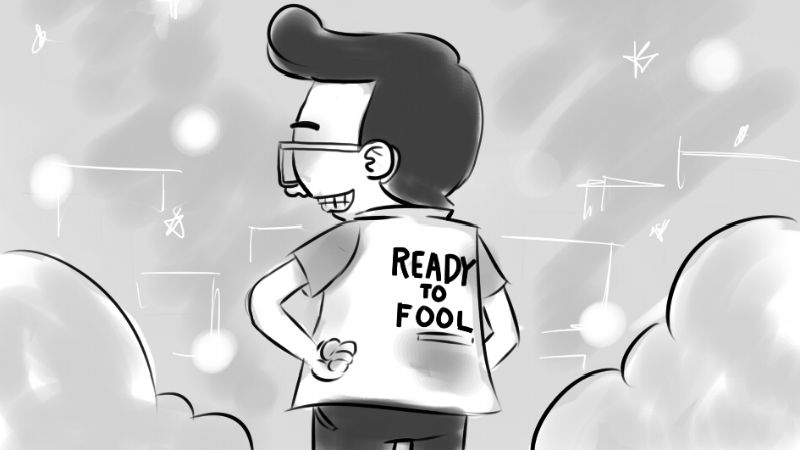The 1987 Philippine Constitution mandates the conduct of mid-term elections every three years with duly elected officials having three-year term for a maximum of three terms. The May 2019 mid-term elections is a little over seven months from now. Aspiring national and local politicians for the various elective positions are now busy shopping for the political party or affiliation they want to join before the 90-day and 45-day campaign period starts. Before, the filing of certificates of candidacy (COC) for various national and local positions had always been done on the last day prior to the start of the campaign period. This includes the final 12 seats for senators, representatives of the different legislative districts, provincial governors, provincial vice governors, boardmembers, city mayors, city vice mayors, city councilors, municipal mayors, municipal vice mayors and municipal councilors, as well as party-list representatives.
With the implementation of the automated election system, the filings of COCs for the different national and local elected positions for 2019 had been moved earlier to this October to allow the Commission on elections (Comelec) to print the names of the aspiring candidates in the ballots. Under this new electoral system, voters will simply shade the oval opposite their names of their selected candidates.
For the upcoming May 2019 mid-term elections, the filings of COCs was earlier scheduled from October 1-5, 2018 but was later moved to October 11-17, 2018 upon the request of lawmakers in Congress who are still deliberating on the 2019 proposed national budget to allow them to join their partymates in filing for their desired positions.
The election is still far from over but the election fever is starting to heat up. Political alignments and alliances are being forged in every corner of the country. Former allies can now be seen in opposite corners of the fence while former protagonists are now been seen together among other peculiar scenarios which can only be seen in the political scene. As they sat, there are no permanent enemies, only permanent interests, and this is specially true in politics.
In Benguet, a three-term politician has announced his leaving politics for good to give way for younger politicians to serve the people of the province. Another modus being employed by a neophyte political figure is to for his wife to shell out money as loan assistance to livelihood groups in the guise of helping them grow but actually, it is an indirect act of establishing a debt of gratitude to the politician’s family in exchange for votes in the elections.
We certainly believe the people of Baguio are very familiar with the different gimmicks employed by politicians just to get their attention in time for name recall during the elections. It is an insult to the intelligence of the people of the city if these kinds of politicians continue to lord it over because those desiring to sincerely serve are now being sidelined in exchange for material things.
We strongly believe the Baguio electorate are intelligent critical participants in political matters not swayed by cheap petty gimmicks of some politicians who want to intrude into the well-established culture and intelligence of the local voters. Most of the people of Baguio had been electing mostly dedicated public servants. Some bad eggs though had been voted in because of certain considerations but this is not the time for local voters to compromise their intelligence. Critical political participation is the key to good governance. Baguio has a well-established education community and is a multicultural society which nurtures political and cultural diversity. It has a significant number of cause-oriented groups with well-meaning issues who are vocal on the Baguio they want.
We urge the Baguio electorate to seriously assess the candidates for proven track record in upholding Baguio’s environmental integrity, the well-being of its constituency, the propagation and nurture of its cultural heritage, the respect for human rights, the willingness to adopt a consultative process for broad decision-making processes. The behaviour and decisions of our elected leaders and their minions in government during times of crises are also indicative of the character of individuals which we must take into consideration. Character is what we do when we think no one is watching, according to H. Jackson Brown, Jr. The records of these individuals and how they conduct their lives are what matter. In the end, we get the leaders we want.













